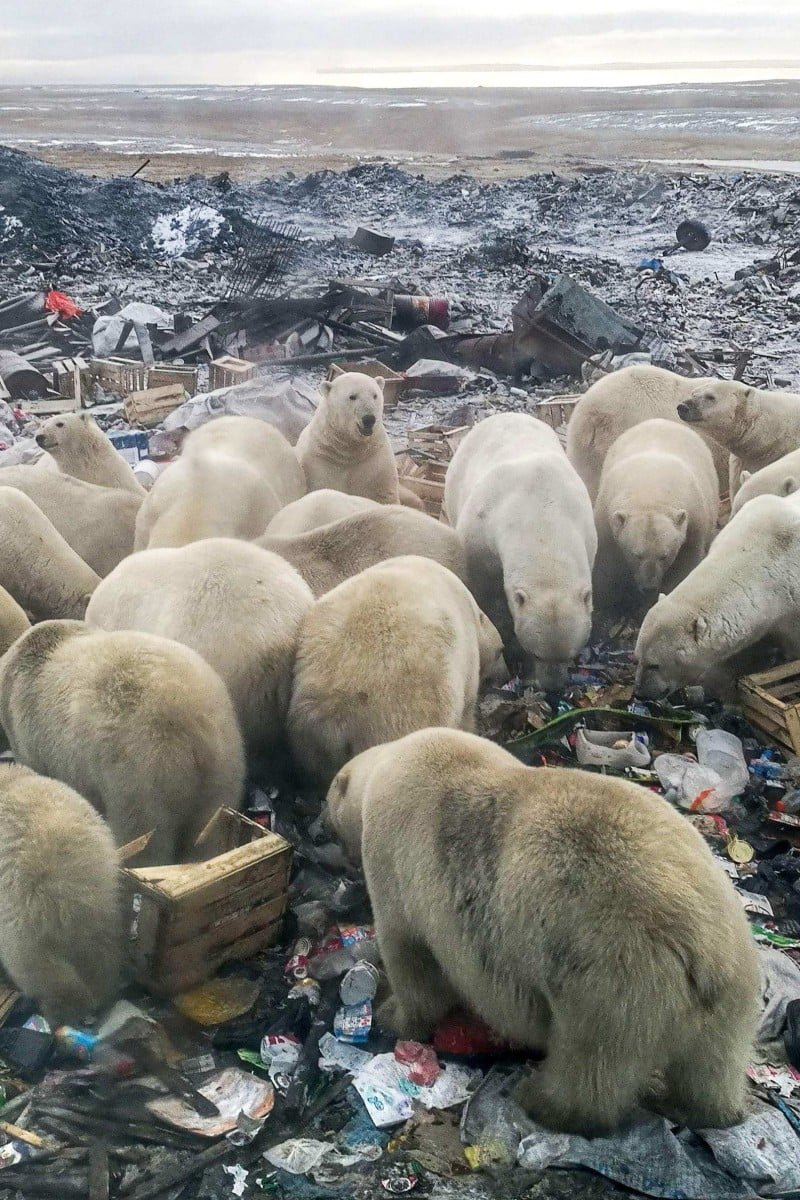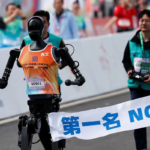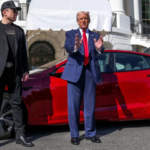Polar bears in abandoned buildings : A Stark Indicator of Climate Change
In September 2021, Russian wildlife photographer Dmitry Kokh set out to explore Wrangel Island, famous for its polar bear population. A powerful storm rerouted his team toward Kolyuchin Island. There, in an eerie turn of events, they saw polar bears in abandoned buildings once used as a Soviet weather station — a visual symbol of changing climates and displaced ecosystems.
To their astonishment, they observed movement on the island. Using binoculars, they identified 15 to 20 polar bears roaming the deserted buildings. Typically, during this season, polar bears are found on sea ice or Wrangel Island. The presence of these apex predators so far south was unexpected.
Approaching the island posed significant risks. Instead, Kokh utilized a drone to capture images, gradually acclimating the bears to its presence. The resulting photographs, depicting polar bears peering from dilapidated structures, garnered international acclaim. One such image, titled “House of Bears,” earned Kokh the prestigious Wildlife Photographer of the Year award.

Climate Change and Altered Polar Bear Behavior
Polar bears in abandoned buildings are not isolated incidents. Experts, including Professor Tom Smith from Brigham Young University, note that polar bears are inherently curious, often exploring human-made structures. However, the increasing frequency of such encounters is alarming. As Arctic sea ice diminishes due to rising temperatures, polar bears are compelled to spend more time on land, leading them to venture into human settlements in search of food.
Open garbage dumps in northern communities become unintended feeding grounds. Securing these waste sites is challenging and costly, especially in remote areas. The shift from traditional, sustainable practices to modern waste generation exacerbates the problem.Instagram+3National Geographic+3Canadian Geographic Magazine+3USGS

Health Implications for Polar Bears
The transition from a diet rich in seal blubber to land-based food sources adversely affects polar bear health. Studies indicate that polar bears on land lose approximately one kilogram of body mass daily. The lack of high-fat prey leads to malnutrition, decreased reproductive rates, and increased mortality.
Research highlights that polar bears cannot adapt rapidly enough to the changing environment. Their specialized physiology, evolved for a marine-based diet, makes prolonged terrestrial living unsustainable.AP News

Human-Wildlife Conflicts
When polar bears in abandoned buildings move closer to human settlements, the risk of human-wildlife conflict increases. The encroachment of polar bears into human habitats raises safety concerns. Incidents of bears entering villages, rummaging through waste, and even attacking humans, though rare, are becoming more frequent. In 2019, the village of Ryrkaypiy in Russia witnessed 60 polar bears near its vicinity, leading to the cancellation of public events and heightened alertness among residents.
Such interactions often result in the culling of bears, further threatening their population. Implementing measures like bear-proof waste containers and community education can mitigate these conflicts.

The haunting images captured by Kokh serve as a poignant reminder of the broader implications of climate change. They underscore the urgency for global efforts to reduce greenhouse gas emissions, preserve natural habitats, and implement sustainable waste management practices.
Protecting polar bears requires a multifaceted approach, combining scientific research, community engagement, and international policy changes. Only through collective action can we ensure the survival of these majestic creatures and the ecosystems they inhabit. seee more.. WWF Arctic Programme




